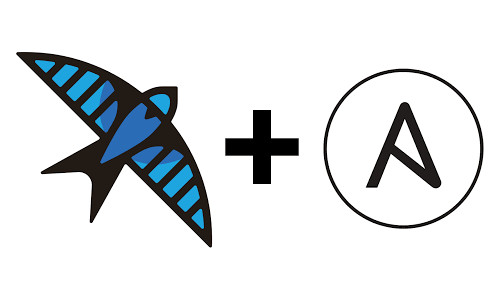Currently, there is no default video format for use with the HTML5 video tag. The patent and royalty free Theora format was planned to be the default, but this was opposed by corporations like Apple and Nokia. The most popular video format at the moment is the heavily patent encumbered H.264, which is often encapsulated in Flash. As the move to HTML5 gathers steam, the battle for a video format rages on.
The issue of which format becomes prevalent is very important for the future of open web (and especially Linux). Youtube is one of the biggest providers of H.264 encoded media (currently encapsulated in Flash, but there is an HTML5 beta program) and Google will pay hefty royalties for the privilege.
The question of royalties over use of H.264 has become a popular talking point of late, because while Safari and Chrome support it, Chromium (the free software version of Chrome browser) Opera and Firefox don’t.
Now, a discussion on the Linux Weekly News site has answered the question as to whether the MPEG LA will require and enforce free software projects (and developers) to cough up for a license.
The question asked of MPEG LA via email exchange:
I read through the FAQ and can’t find out if Free and Open Source developers and products need to license the MPEG LA patents for MPEG-4 Visual. It was alleged in a comment that royalties are only necessary for products sold, not for free products. Is this correct? Could you please comment on the licensing options for Free (e.g. GPL) and open source implementations of MPEG-4 Visual, specifically h.264? What about downstream users/developers/distributors of Free and open source software?
The answer is a resounding “Yes” and even end users are liable:
In response to your specific question, under the Licenses royalties are paid on all MPEG-4 Visual/AVC products of like functionality, and the Licenses do not make any distinction for products offered for free (whether open source or otherwise)…
I would also like to mention that while our Licenses are not concluded by End Users, anyone in the product chain has liability if an end product is unlicensed. Therefore, a royalty paid for an end product by the end product supplier would render the product licensed in the hands of the End User, but where a royalty has not been paid, such a product remains unlicensed and any downstream users/distributors would have liability.
As an article over at OSNews states, we must ensure that H.264 does NOT become the de-facto standard for video on the web:
“In other words, h264 is simply not an option for Free and open source software. It is not compatible with “Free”, and the licensing costs are prohibitive for most Free and open source software projects. This means that if the web were to standardise on this encumbered codec, we’d be falling into the same trap as we did with Flash, GIF, and Internet Explorer 6.”
I guess it’s up to web developers and corporations to make the smart choice. If Google can purchase On2 Technologies, they might release later generation versions of VP (on which Theora is based) to surpass the quality of H.264.

3 thoughts on “MPEG LA confirms H.264 license needed for free software and end users”
i found an interesting article on technonsense about licensing with mpegla, the guys there are talking to them right now and is interesting to see hot it goes
http://www.technonsense.com/2011/02/mpeg-la-licenses-and-fees/